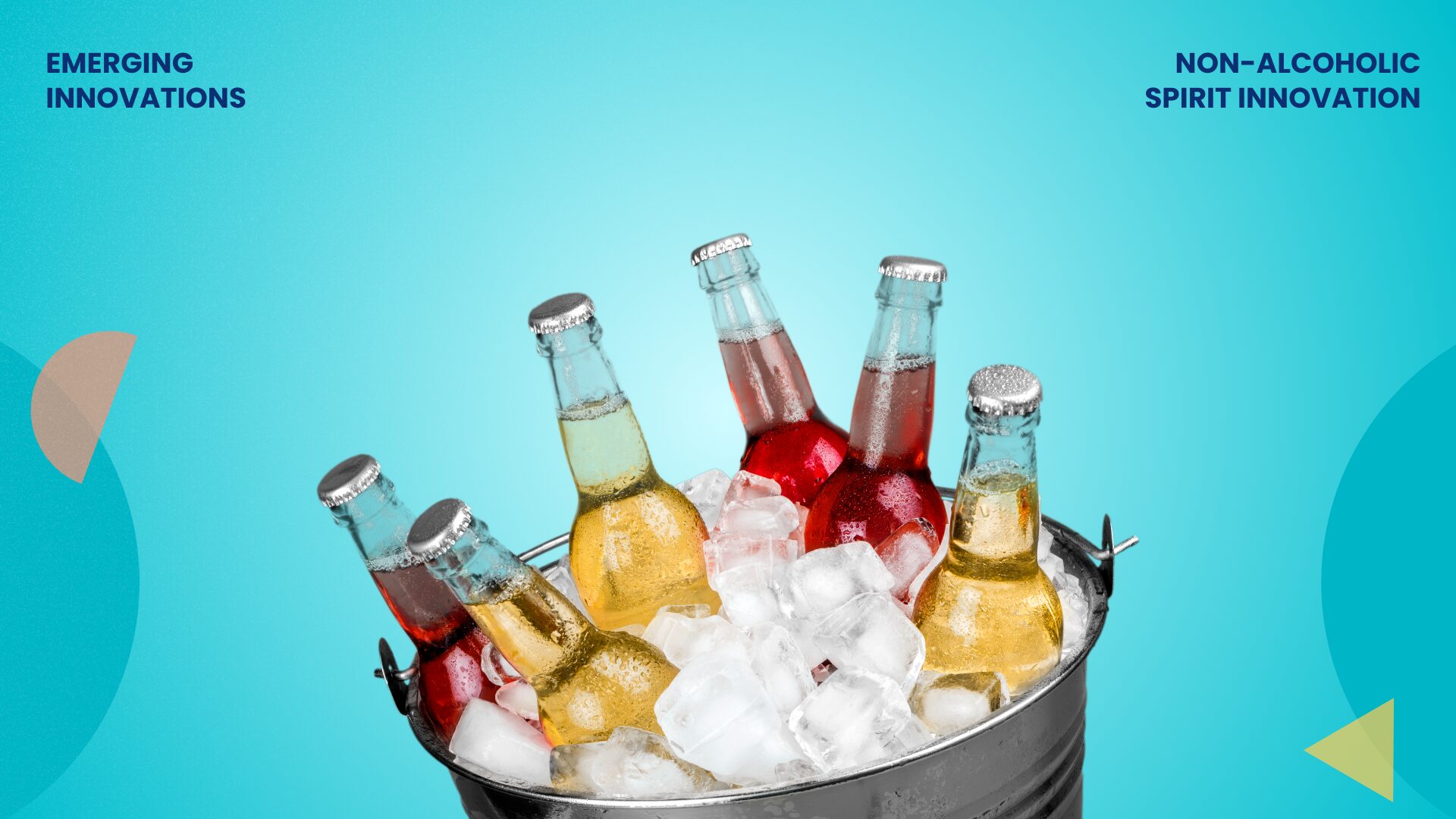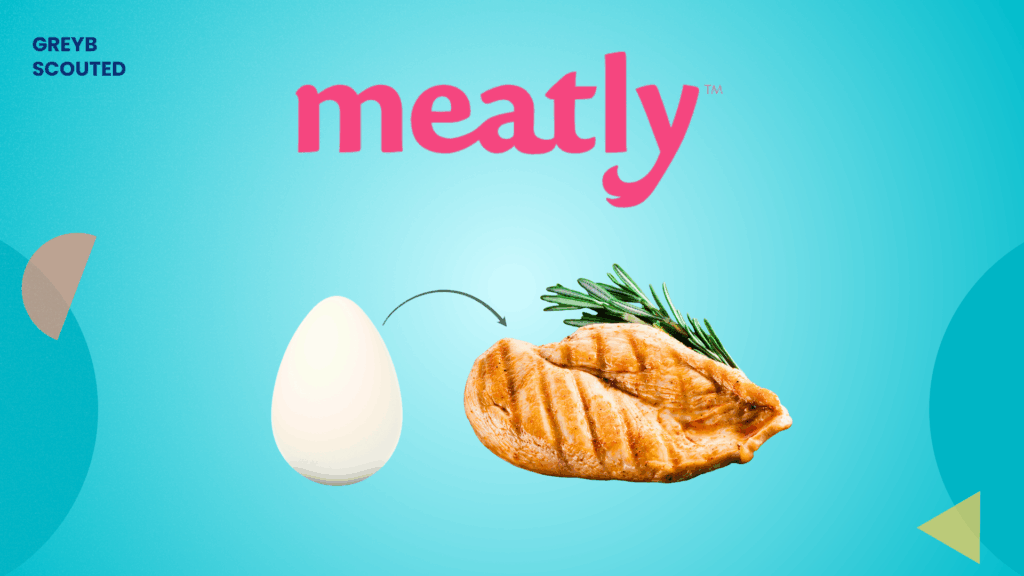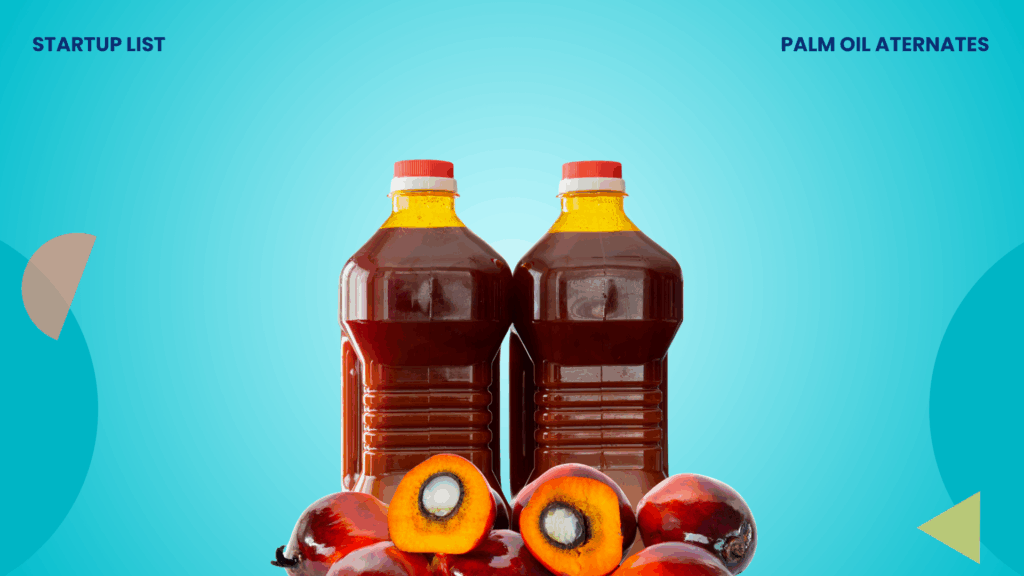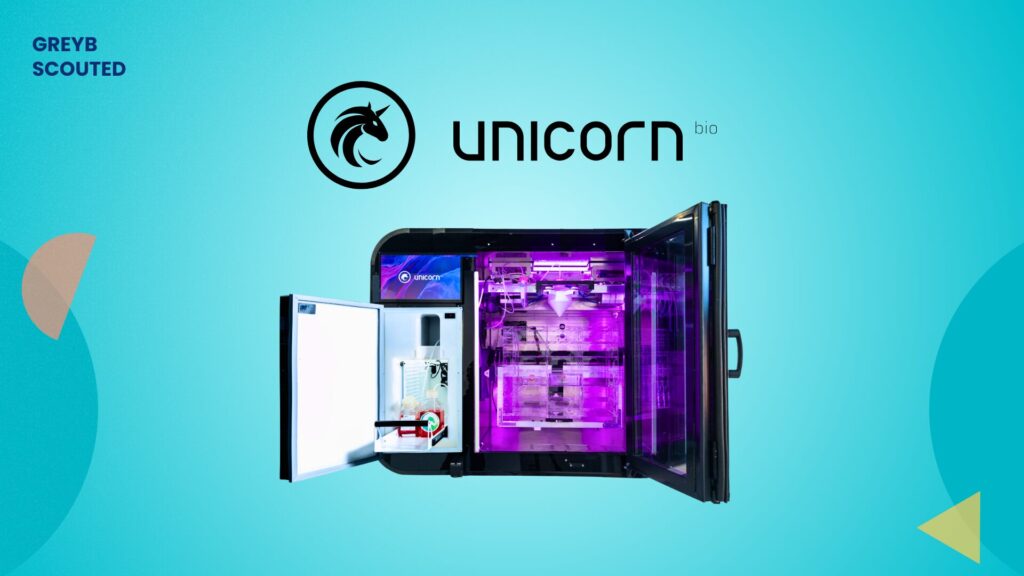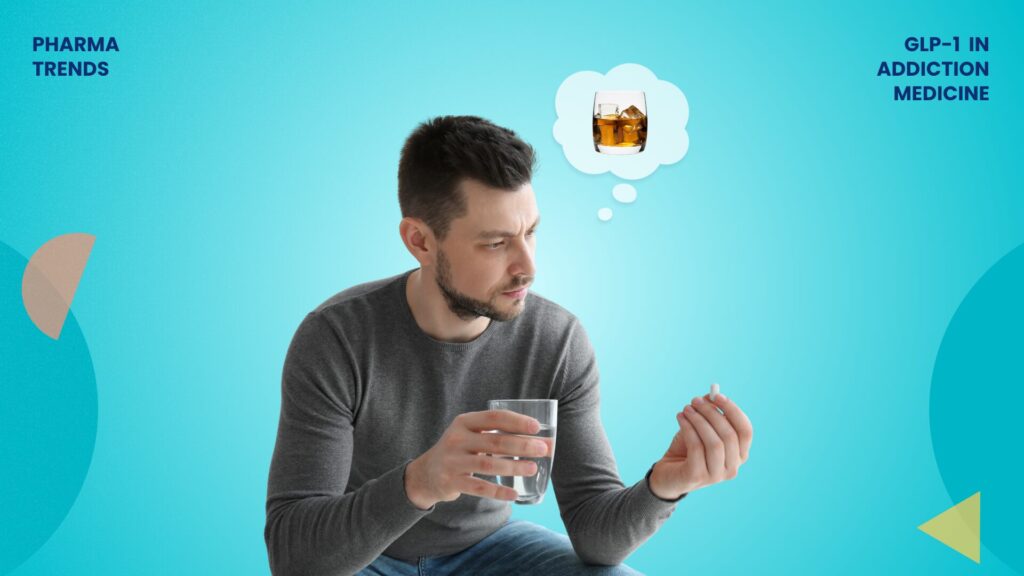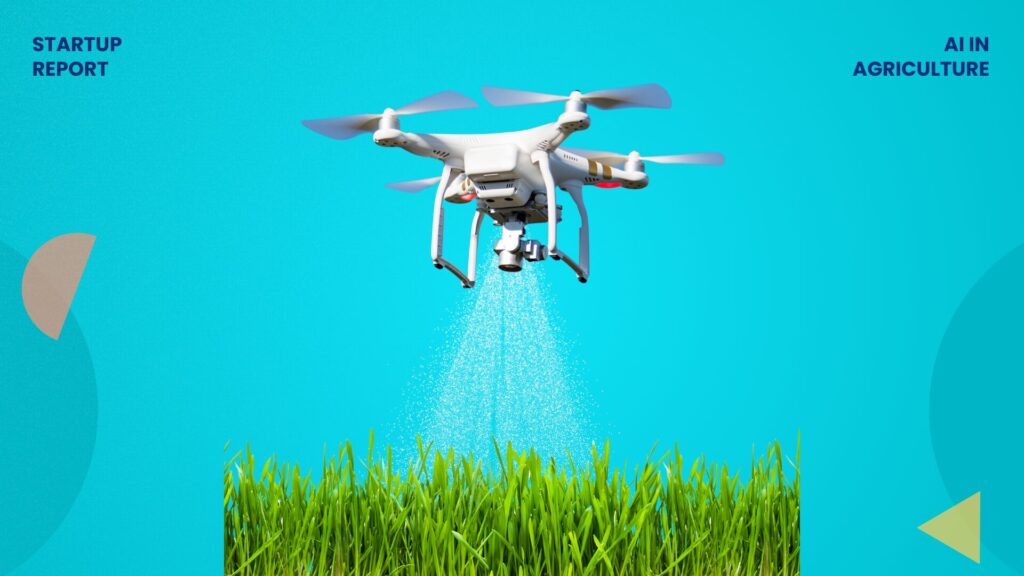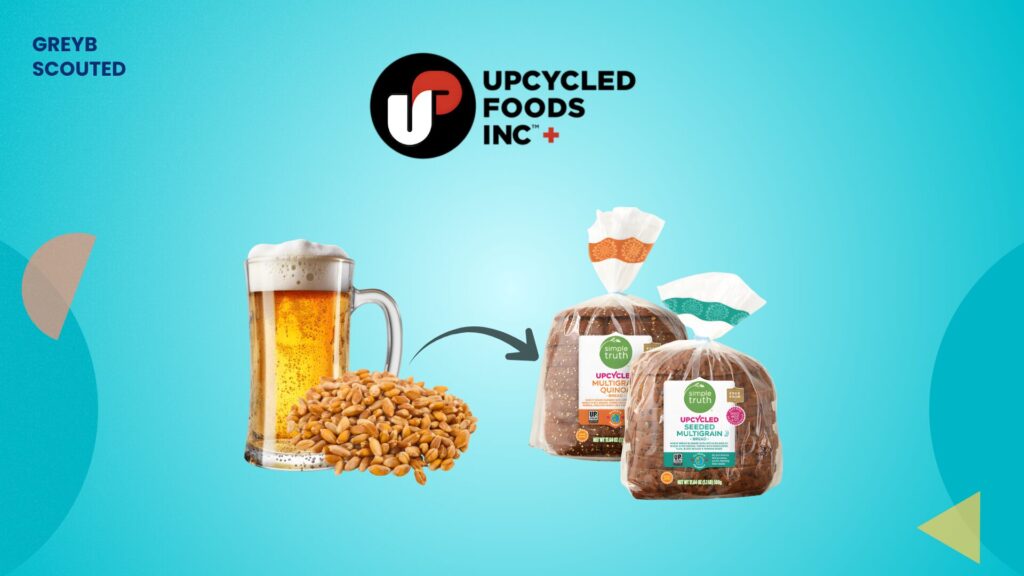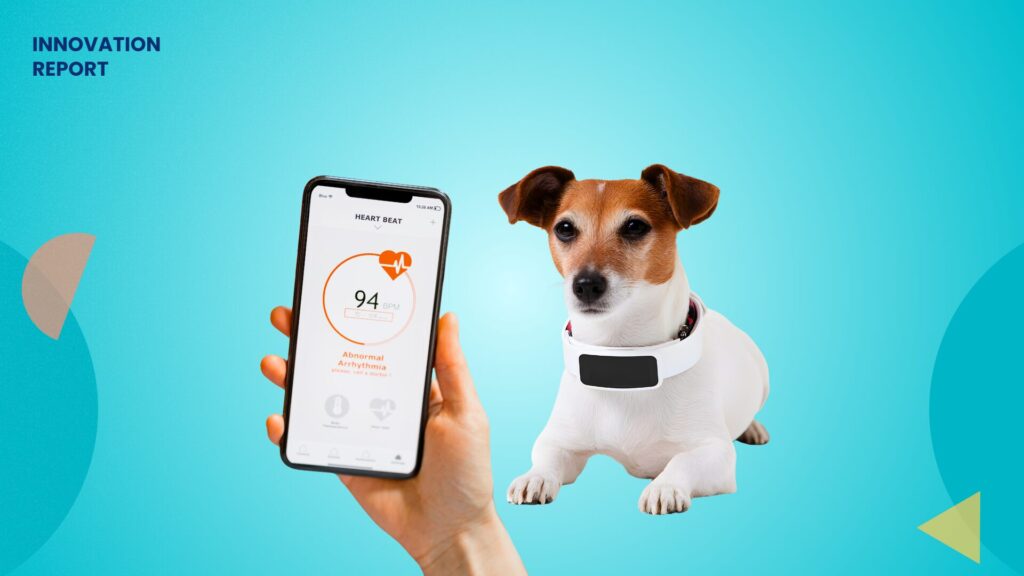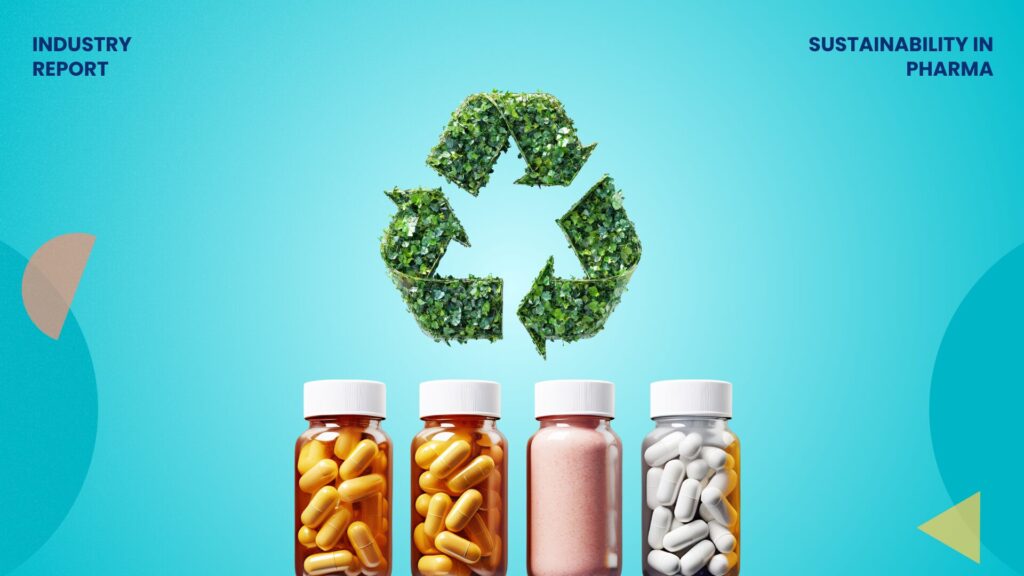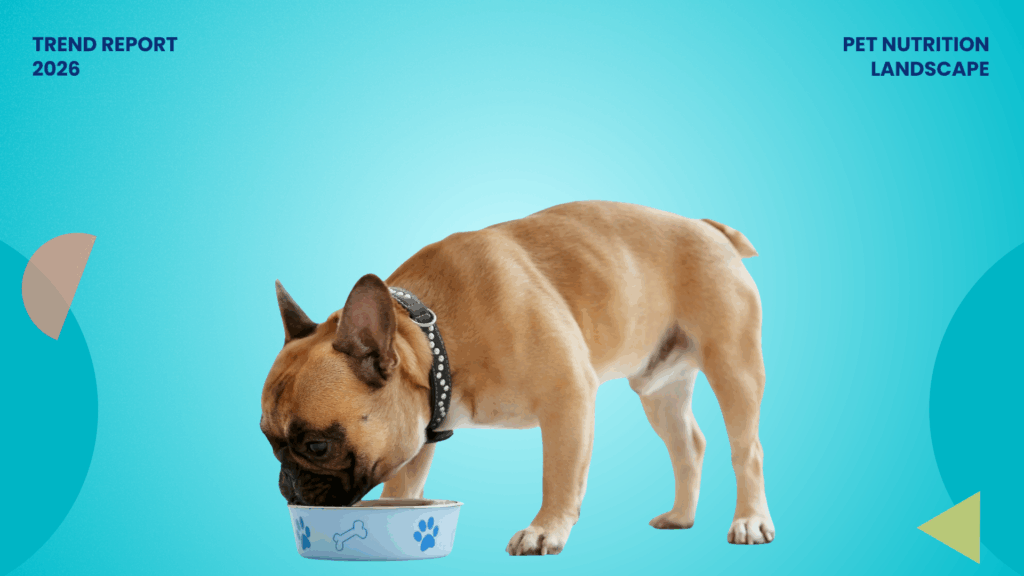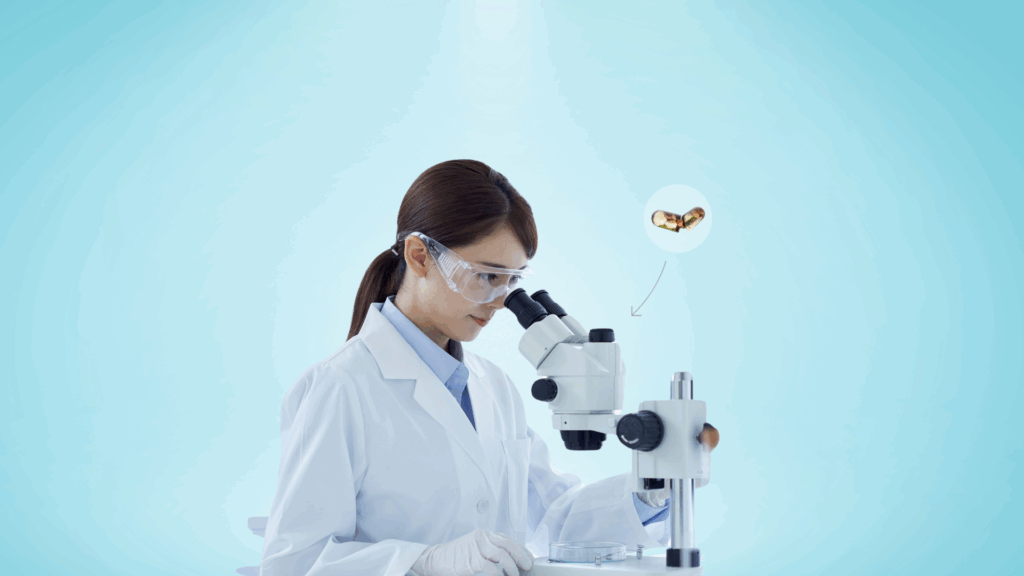What if I tell you that you could pull alcohol out of beer in just 60 seconds without touching the flavor?
That’s exactly what Alfa Laval is doing.
Their De-alc module uses a low-temperature, single-pass vacuum stripping system to remove alcohol and reinject aroma compounds. This enables the manufacturer to preserve beer’s original body and balance in the NA version in under a minute.
Royal Unibrew has already adopted this tech and scaled up its alcohol-free beer production by 5x.
NielsenIQ data reveals that non-alcoholic beer, wine, and spirits just crossed $925 million in off-premise sales. It took spirit companies decades to perfect the mouthfeel of their premium liquor. Now, they are replicating it without alcohol and on a compressed R&D timeline to capture this growing market of non-alcoholic spirits.
How?
We reviewed 10,000+ patents, market data, and case studies from brands like Heineken, Asahi, and AB InBev to discover scalable B2B solutions that can help brewers preserve the signature flavor of their NA spirits.
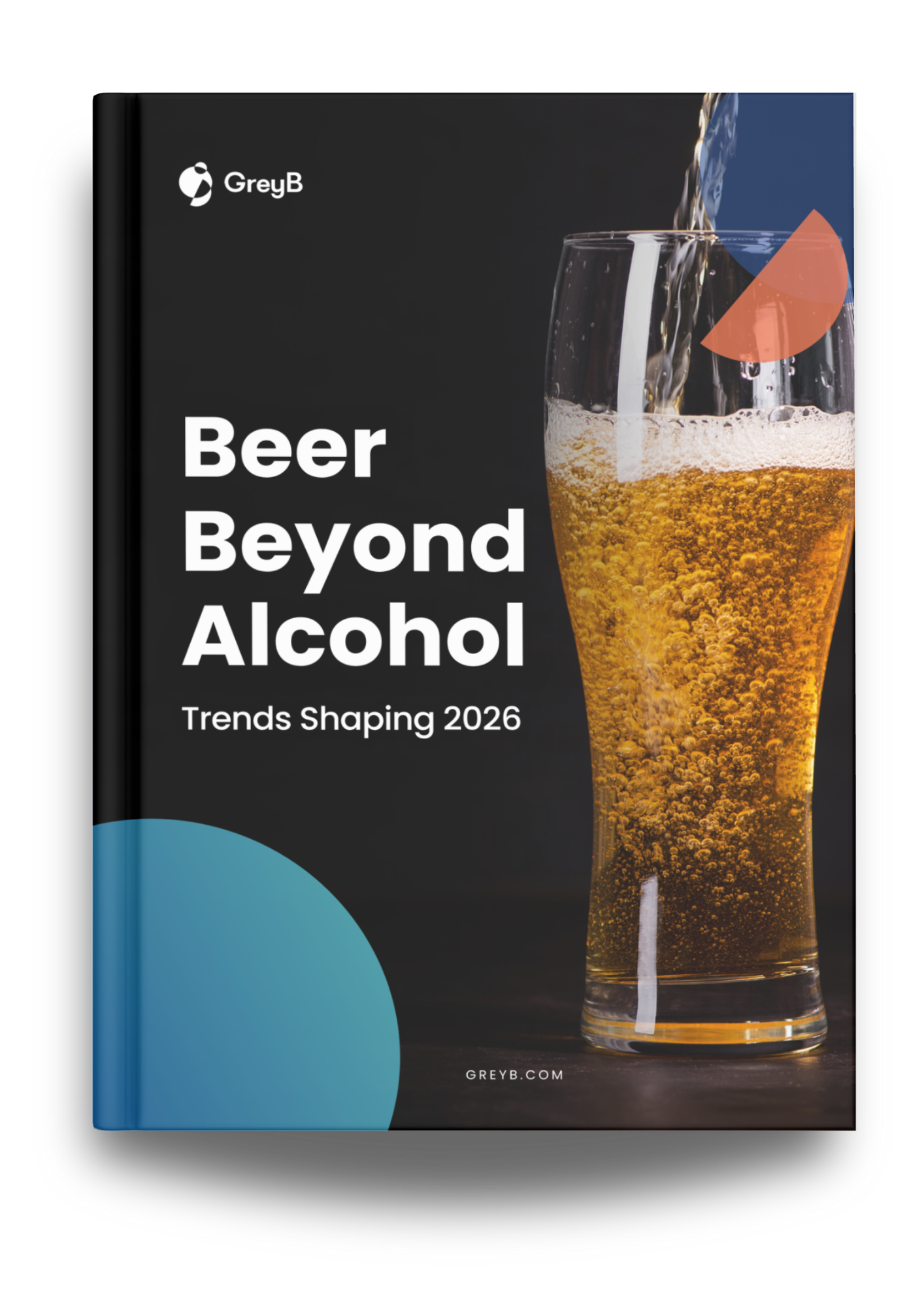
Givaudan S.A. uses fractional vacuum distillation to preserve delicate notes in NA whiskey, rum, and tequila
Givaudan’s patented technology enables manufacturers to produce non-alcoholic versions of their best-selling liquors that mimic the original drink’s flavor profile.
The process uses distillation techniques to separate ethanol from the volatile aroma components present in the alcohol. This is done by fractional distillation, particularly under vacuum. Lower pressure reduces the boiling points of components, making it easier to separate ethanol without degrading its flavor.
After distillation, the separated aroma components are recombined with water, non-volatile compounds, and optional mouthfeel enhancers to create low-alcohol versions of whiskey, rum, and tequila. These components help recreate the taste, smell, and mouthfeel of the alcoholic spirits.
This way, manufacturers can retain the signature profile of their premium product while eliminating ethanol.
Brew-Food ApS’ beer-based concentrate is compatible with the German Purity Law
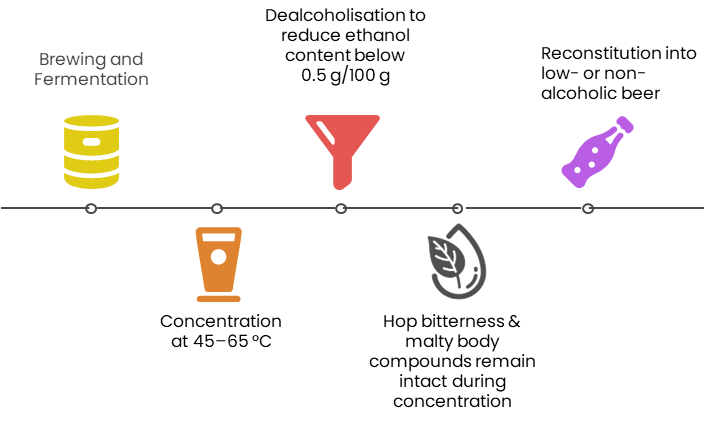
Danish start-up Brew-Food Aps has patented a method for manufacturing a beer-based concentrate that helps improve the taste and texture of NA beers.
The method starts by producing a first beer (base beer) and fermenting it to a high degree (over 60%). It then concentrates this base beer using physical processes such as evaporation, distillation, or reverse osmosis. The concentration process takes place in low temperatures (45°C to 65°C). This is to avoid undesirable chemical reactions, such as Maillard browning and oxidation.
The resultant concentrate can be mixed with beer, wort, or water to make beverages with ABV as low as 0.05%. It adds the desired body without introducing off-flavors such as sweetness or a wort-like taste.
The method is suitable for both large-scale and craft brewers. It eliminates the need for expensive dealcoholization equipment. Since the concentrate comes purely from beer, adding it avoids listing additional ingredients on the label. This makes the process compatible with Reinheitsgebot (German Purity Law).
Hermann Hambach, who has 30+ years of brewing experience, founded the company in 2021.
These are just a few of the innovative technologies used to produce non-alcoholic spirits. Recent research also highlights advancements such as nitrogen-assisted distillation and membrane-based pervaporation for aroma concentration in NA beer, wine, and whiskey.
Our AI-powered research tool, Slate, offers 25 highly relevant resources to help you explore the latest R&D developments in the non-alcoholic spirits industry. Simply ask, “What are the latest processes enabling manufacturers to deliver non‑alcoholic spirits with ABV levels of 0.5%, while maintaining the taste profiles of alcoholic beverages?” and start discovering today!
What are the latest processes enabling manufacturers to deliver non‑alcoholic spirits with ABV levels of 0.5%, while maintaining the taste profiles of alcoholic beverages?
Smartflow Technologies’ multi-step approach for producing NA wines and beer is controlled by a central automation system

North Carolina-based Smartflow Technologies offers a diverse product range of filtration and separation solutions for beverage manufacturers. This includes both complete systems and consumable filter modules for removing alcohol from fermented beverages, such as beer and wine, while preserving key flavors, aromas, and mouthfeel.
The core technology is a patented multi-step process. This involves clarification (microfiltration, ultrafiltration, or nanofiltration), reverse osmosis separation, microorganism reduction, and alcohol/water separation for ethanol recovery.
The process begins by introducing the fermented beverage into a reverse osmosis (RO) device. This device separates the beverage into two fractions:
- RO Permeate: Contains water and alcohol.
- RO Retentate: Retains the flavor and color compounds of the original beverage.
The RO retentate is then treated with a microorganism-reduction device, such as a sterile filter, to remove harmful microorganisms. This step produces a sterile liquid that retains its flavor and color. Then, an alcohol-water separation device (such as a distillation unit) further separates the alcohol and water from the RO permeate.
The flavor-rich retentate from RO is recombined with water, carbonation, and optional flavor additives to produce beer and wine with ABV ≤0.5% or <0.05%. A central automation system can integrate and control the entire process.
Berkeley Yeast offers a range of engineered yeast strains for diverse flavours in NA Beers

Berkeley Yeast markets a range of engineered yeast strains, like Tropics™, Fresh™, and Galactic™, to deliver enhanced flavor profiles in NA beers.
The Biotech company also holds patents for maltose/maltotriose-negative strains such as NA CLASSIC™ and NA CABANA™. They do not convert sugars in the base to alcohol. This limits fermentation to ~21% of wort sugars (vs. 70–90% in conventional brewing). This keeps ABV below 0.5% in the final product.
The product catalogue also includes strains like SUPERBLOOM™ and SUMMERSTONE™ that impart fruity, floral, and citrus notes to NA beers. The B2B company also makes custom solutions for brands.
In 2018, Berkeley Yeast received an SBIR Phase II grant of $750,000 from the National Science Foundation to engineer yeast strains for enhanced flavor production during fermentation.
Brewers can use these strains to make a complete beer or a base layer for a flavor-forward product. Collaboration with Berkeley Yeast allows spirit brands to start their NA product lines without investing in expensive dealcoholization equipment.
Conclusion
A 2025 study confirms that taste is still consumers’ top priority in choosing non-alcoholic spirits. Therefore, manufacturers must stay up to date with non-alcoholic spirits flavor innovations across the sector that deliver authentic taste in NA spirits. However, discovering these technologies is just the first step. R&D heads must evaluate them on parameters like proof of concept, scalability, regulatory compliance, and long-term feasibility to identify investment-worthy opportunities. Connect with our experts and find the best solution that aligns with your business goals.
Get the Report in your Inbox
Fill the form to get access to the report

